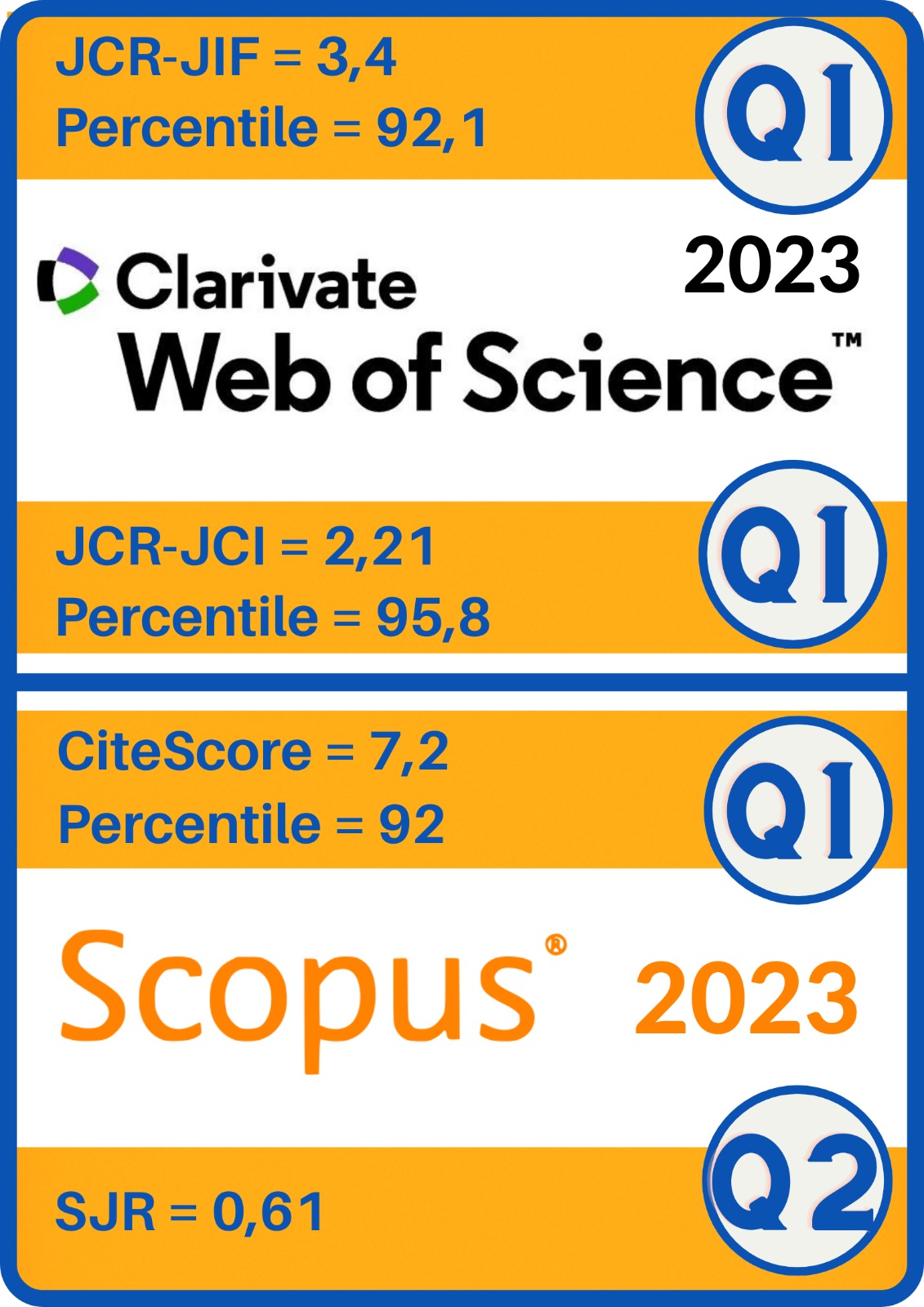The pioneering experience of distance education research in the training of university library users
DOI:
https://doi.org/10.5944/ried.1.15.781Keywords:
education distance, university libraries, users educationAbstract
The aim of this article is to relate our experiences of creating and implementing the first distance education course in “Database norms for scientific publications and research: a complement to educational activities for university library users”. The research was carried out by the Technical Division of Librarianship and Documentation at Universidade Estadual Paulista “Julio de Mesquita Filho” (Botucatu- Rubiã Junior campus) and the Center for Distance Health Education and Information Technology at the Botucatu Faculty of Medicine. The study was carried out from August to November 2009 using 10 different university classes. Out of the 128 enrolled students, 63% completed their studies. 37%, however, finished their studies at various stages of the course. Despite these problems, there was positive feedback about adopting the new methodology, which subsequently led to its widespread application in the academic community. The pioneering experience of multidisciplinary teamwork places librarians as ‘knowledge mediators’, thus enabling them to become part of the development of the educational process.
Downloads
References
Arieira, J. O.; Dias-Arieira, C. R.; Sacomano, J. B.; Bettega, M. O. P. (2009). Avaliação do aprendizado via educação a distância: a visão dos discentes. Ensaio Avaliação e Políticas Públicas em Educação, 17 (63), (313-340).
Brito, M. S. S.; Alves, L. R. (2005). O ambiente Moodle como apoio ao ensino presencial. Anais do XII Congresso Internacional de Educação a Distancia. Florianópolis.
Cuenca, A. M. B. (1999). O usuário final da busca informatizada: avaliação da capacitação no acesso a bases de dados em biblioteca acadêmica. Ciência da Informação, 28, (3), (291-299).
Dudziak, E. A. (2007). O bibliotecário como agente de transformação em uma sociedade complexa: integração entre ciência, tecnologia, desenvolvimento e inclusão social. PontodeAcesso, 1 (1), (88-98). [en línea] Disponível em: http://www.portalseer.ufba.br/index. php/revistaici/article/view/1396/878 (consulta 2011, 13 de março).
Emerenciano, M. S. J.; Sousa, C. A. L.; Freitas, L. G. (2007). Ser presença como educador, professor e tutor. [en línea] Disponível em: http://www.abed.org.br (consulta 2011, 13 de março).
Faria, E. T. (2002). Interatividade e mediação pedagógica na educação a distância. 214f. Tese (Doutorado) – Faculdade de Educação, Pontifícia Universidade Católica do Rio Grande do Sul, Porto Alegre.
Garcia, R. M.; Baptista, R. (2007). Educação à distância para a qualificação dos profissionais do SUS: perspectivas e desafios. Revista Baiana de Saúde Pública, 31 (supl.1), (70-78).
Leite, L. O. (2005). O lúdico na educação à distância. Novas Tecnologias na Educação, 3 (1), (1-8).
Magalhães, C. M.; Campos, M. H. A. (1982). Treinamento de usuários de biblioteca universitária: o curso na Universidade Federal de Minas Gerais. Revista de Biblioteconomia de Brasília, 10 (2), (123-128).
Moran, J. M. (2002). O que é educação à distância. São Paulo. ECA. Ronchesel, M. H. S.;
Pacheco, L. K. (2008). Diretrizes para cursos a distância de capacitação de usuários em bibliotecas universitárias. Revista Brasileira de Biblioteconomia e Documentação, 4, (2), (233-243).
Downloads
How to Cite
Issue
Section
License
The articles that are published in this journal are subject to the following terms:
1. The authors grant the exploitation rights of the work accepted for publication to RIED, guarantee to the journal the right to be the first publication of research understaken and permit the journal to distribute the work published under the license indicated in point 2.
2. The articles are published in the electronic edition of the journal under a Creative Commons Attribution 4.0 International (CC BY 4.0) license. You can copy and redistribute the material in any medium or format, adapt, remix, transform, and build upon the material for any purpose, even commercially. You must give appropriate credit, provide a link to the license, and indicate if changes were made. You may do so in any reasonable manner, but not in any way that suggests the licensor endorses you or your use.
3. Conditions for self-archiving. Authors are encouraged to disseminate electronically the OnlineFirst version (assessed version and accepted for publication) of its articles before publication, always with reference to its publication by RIED, favoring its circulation and dissemination earlier and with this a possible increase in its citation and reach among the academic community.








